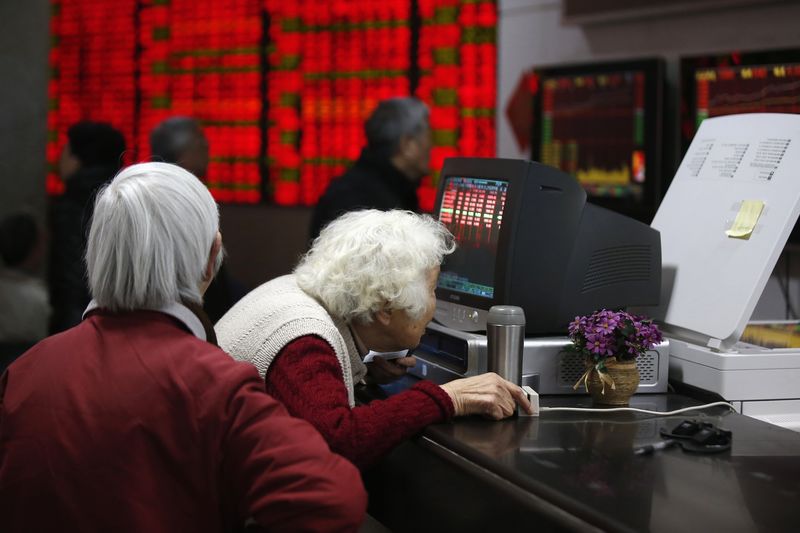This post was originally published on this site

Investing.com – Asia Pacific stocks were down on Thursday morning as investors kept an eye on high inflation and tightening monetary policies.
China’s Shanghai Composite stayed unchanged by 10:27 PM ET (2:27 AM GMT) while the Shenzhen Component also stay unchanged. Chinese developer Sunac China Holdings Ltd. did not pay a dollar-bond coupon before a Wednesday deadline and expects it will not make payments on other notes.
Hong Kong’s Hang Seng Index was down 0.79%. Hong Kong intervened to defend its currency for the first time since 2019. The Hong Kong Monetary Authority bought about HK$1.59 billion to prop up the currency, after the Hong Kong dollar fell to the weak end of its 7.75-to-7.85 per greenback.
Japan’s Nikkei 225 fell 0.78% while South Korea’s KOSPI fell 0.34%.
In Australia, the S&P/ASX 200 was down 0.56%.
Investors are concerned that the U.S. Federal Reserve monetary tightening will impact economic growth. The 10-year US yield extended a decline to 2.90%.
For equities, “we’re seeing the beginning of the capitulation and the great reset, if you want, in pricing,” Virginie Maisonneuve, global chief investment officer for equity at Allianz (ETR:ALVG) Global Investors UK, told Bloomberg. “Right now the big question is peak inflation.”
Fed officials were mostly sticking with their approach of raising rates by a half point at each of their next two meetings.
“Until we get a meaningful move lower in inflation, not only one print, but a consistent two, three, four prints moving in the right direction, this market may remain range bound,” Mona Mahajan, senior investment strategist at Edward Jones & Co., said on Bloomberg Television.
On the data front, the U.S. will release its PPI and initial jobless claims later today. San Francisco Fed President Mary Daly will speak on the same day.


